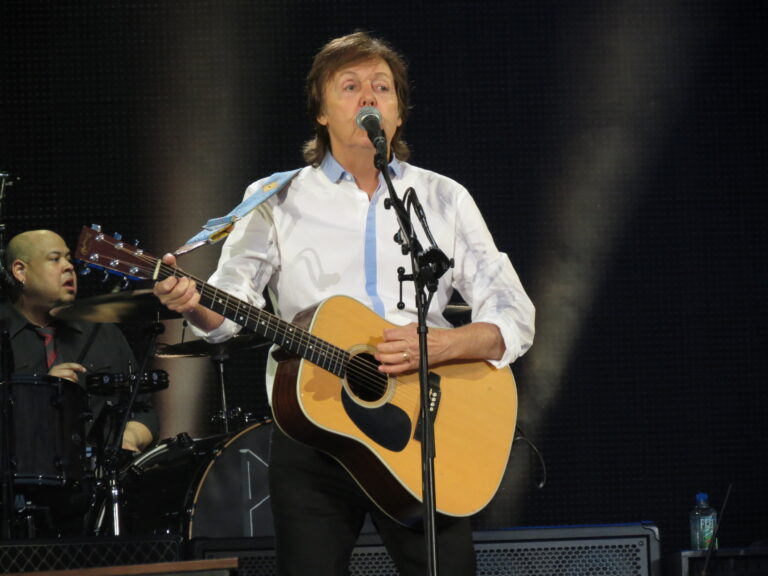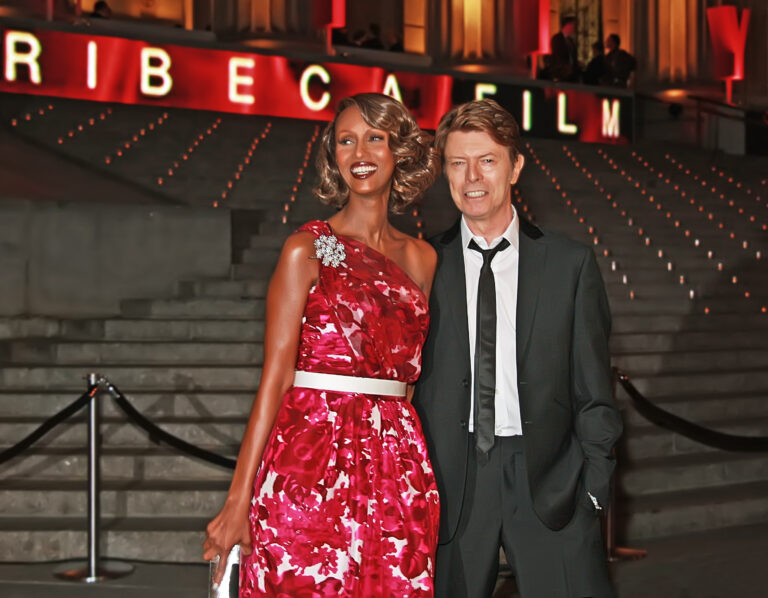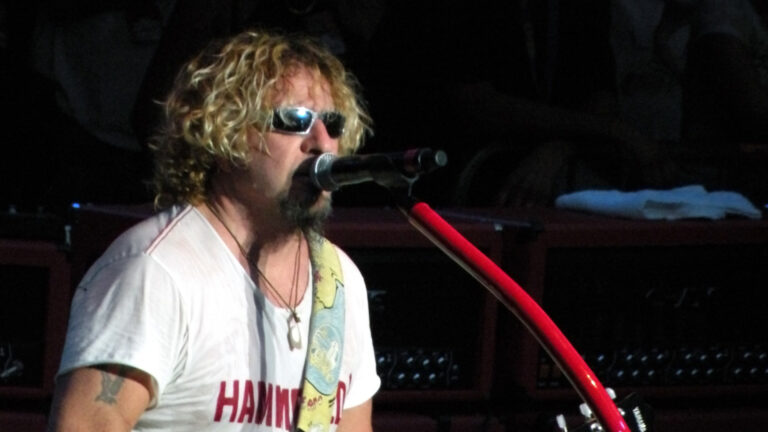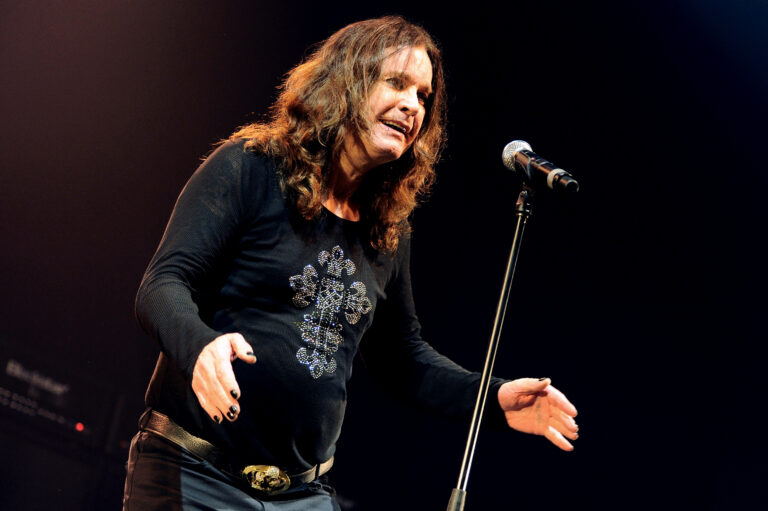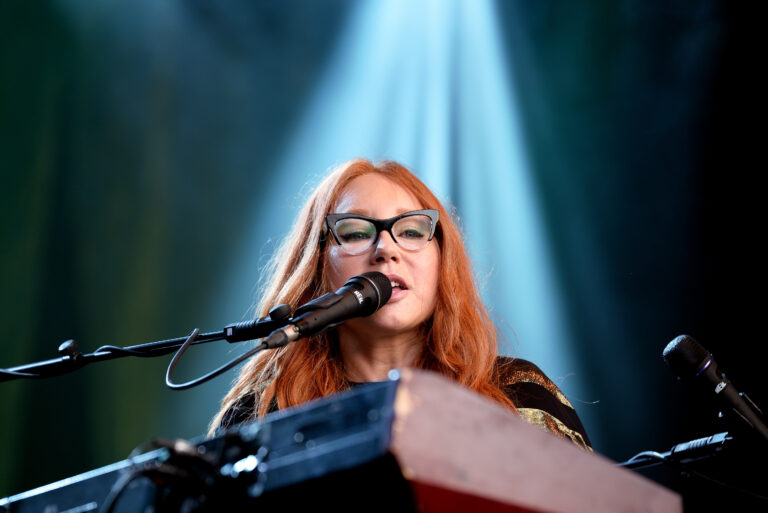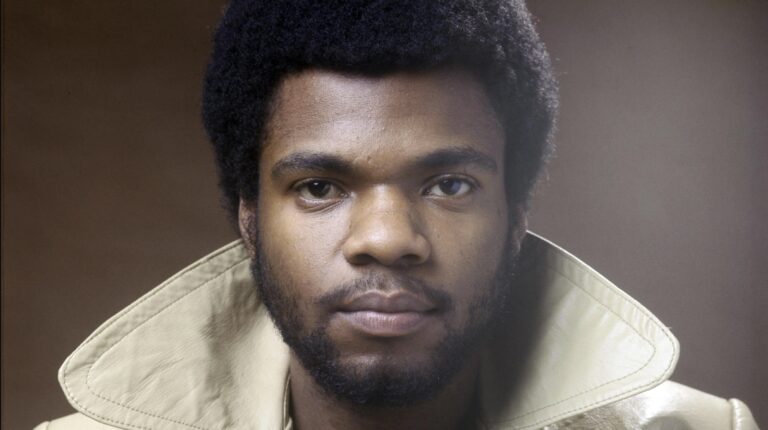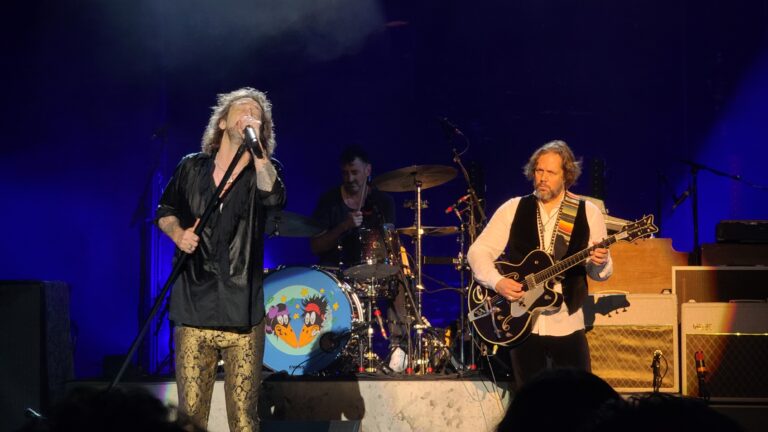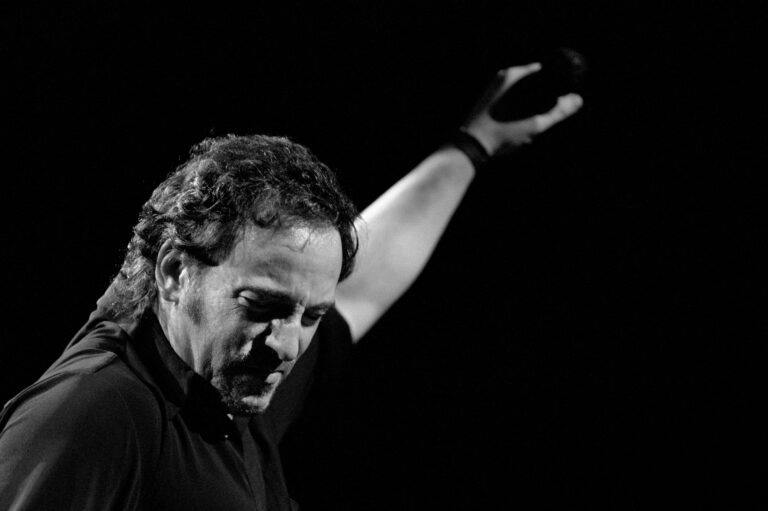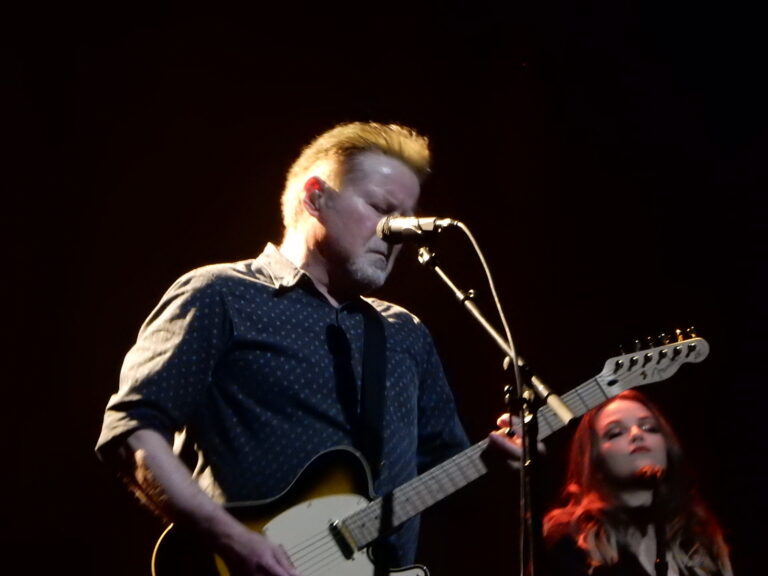
Paul McCartney and Elton John Make Plea for AI Protections

Renowned musicians Sir Paul McCartney and Sir Elton John have emerged as vocal advocates for the protection of artists' rights against the encroachments of artificial intelligence (AI). Their collective voice calls for more stringent regulations to safeguard the personal and financial interests of creative professionals in the evolving digital landscape. Both musicians are pressing the UK government to amend copyright laws that currently threaten to exploit artists' works without adequate compensation or control.
The core of McCartney and John's campaign lies in their staunch opposition to a proposed UK copyright policy. This policy would allow AI developers unrestricted access to creatives' works for training purposes unless the artists actively opt out. McCartney, in particular, has expressed concern that such measures could undermine the very foundation of the creative industry, emphasizing that “the money's going somewhere,” and it rightfully belongs to the original creators. He passionately underscored this point during his appearance on ‘Sunday With Laura Kuenssberg,' urging the government to recognize its responsibility to protect artists, stating, “We’re the people, you’re the government! You’re supposed to protect us.”
Sir Elton John echoed McCartney's sentiments, remarking on the potential for AI technology to destabilize artists' financial futures. He criticized the exploitation of copyrighted works, which could allow AI companies to generate competing music at the expense of the creators. John highlighted the already precarious state of emerging artists, facing financial hardships due to high touring costs and diminishing returns. According to him, insufficient protection for creators could jeopardize the UK's leading legacy in arts and culture on the global stage.
The ongoing debate about AI's impact expands as technologies become increasingly integral to creative processes. Paul McCartney and fellow Beatles member Ringo Starr used AI to enhance John Lennon's vocals in their final song, “Now and Then.” While acknowledging the potential benefits of AI, McCartney argues that it should never come at the expense of ripping off true creative talent. He insists that AI's role should be in service of augmenting human creation, not replacing or disrupting it.
Supporting McCartney's advocacy, a petition demanding better regulatory oversight of AI training processes has gained traction. Noteworthy figures from the arts, including Kate Bush, Thom Yorke, and various actors, have endorsed the petition, lending their voices to a call for fair treatment and remuneration for the exploitation of artists' intellectual property. The emerging consensus among artists reveals a unified desire for a balanced approach where AI and creativity can coexist without the latter being compromised.
As AI technologies continue to integrate into music, film, and other art forms, the necessity for legal frameworks that protect intellectual property becomes ever more critical. Both McCartney and John emphasize that without robust regulations ensuring fair compensation, the future of creative industries remains under threat. Their stance serves as a rallying cry for policymakers to acknowledge and address the looming challenges posed by AI, reinforcing the vital importance of empowering artists as protected and valued contributors to society.













